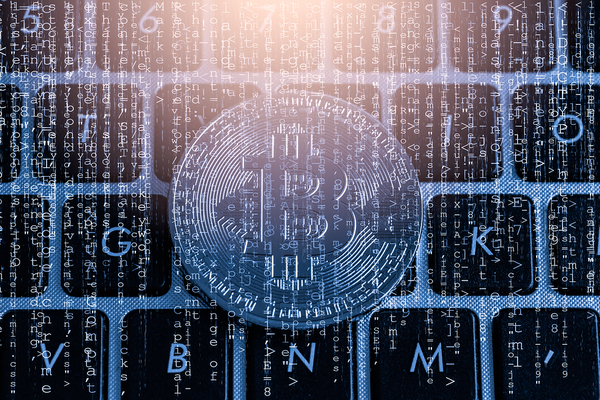
Money runs the world, and that includes the dark side of the world. Since 2001, world governments have focused on finding the sources of financing for terrorists and organized criminals and shutting them down. However, it is not just governments expected to go along with these rules; it is financial institutions as well. This is where Know Your Customer (KYC) and Anti-Money Laundering (AML) laws come into play.
AML is fairly straightforward. Financial institutions look for signs of money-laundering and are required to report them. Money laundering is simple, as crimes go. Criminals need to make illegal revenue look like legitimate income. The old-school way to do this is to own a cash business, like a pizza parlor or a laundromat, and simply report both legitimate and illegitimate income as legit. With money laundering, it is the amounts, more than anything else, that get attention. After all, a sleepy laundromat is not collecting millions of quarters a month.
KYC has more to do with tools used to disguise the identity of whoever actually owns the money. Financial institutions are required to dig into the past of a potential customer to verify that they are transacting business with a known person or entity. This requirement is designed to eliminate fraud and it serves as a protection for both buyers and sellers of altcoins.
When an altcoin exchange asks you to verify your identity, it is because that exchange is obeying these AML and KYC laws that are put into effect for everyone’s protection. Remember that altcoins are an investment like stocks and bonds and that you need to have your paperwork in order. For more on how the world of altcoins works, subscribe to the Bitcoin Market Journal newsletter.

